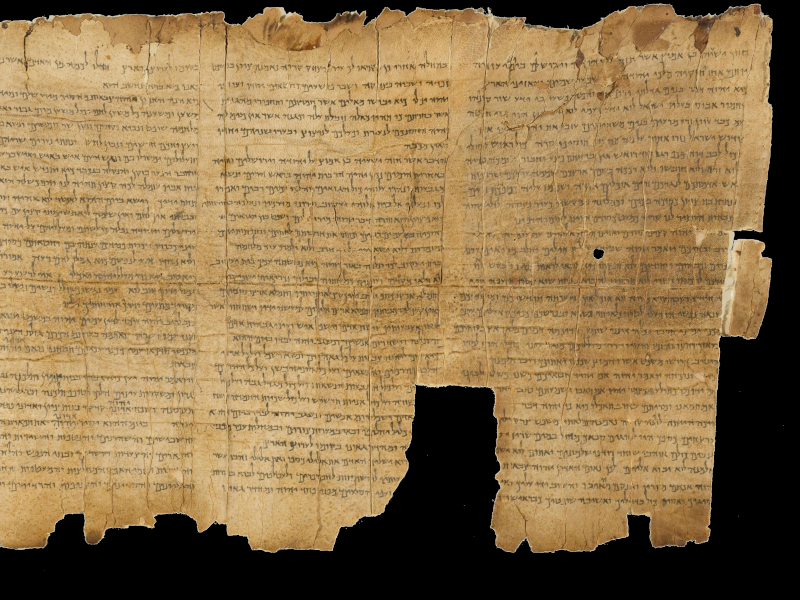
Course Overview
There is no content in this section.
To add content, click on the above link ‘Edit course text’
Course Content
Enrolment options

Self enrolment (Student)
Guests cannot access this course. Please log in.
Latest Courses
This graduate course unit builds on the theological background, capacity and interests of a student and enables her or him to pursue broad research, often of a survey nature, into an area or topic within a discipline or across disciplines. This research cannot usually be done within the strictures of individual coursework units or the focused study of a particular topic.
This graduate course unit builds on the theological background, capacity and interests of a student and enables her or him to pursue broad research, often of a survey nature, into an area or topic within a discipline or across disciplines. This research cannot usually be done within the strictures of individual coursework units or the focused study of a particular topic.
More than a third of the Old Testament consists of stories – narratives. These stories are not cold hard facts communicated in a dull fashion. They were told around the family fire and in such a way that it would be remembered for generations to come. They were fashioned to make the children sit up and listen, knowing that these stories about their ancestor’s journey with God are also their story – knowing that these stories and this journey continue in and through them. These stories became part of our canon – God’s Word to us. It seems logic then – should we wish to understand God and his Word better – to take narratives, the way they function and how they are interpreted, serious. According to Long (1994, p. 43): “an increased appreciation of the literary mechanisms of a text—how a story is told—often becomes the avenue of greater insight into the theological, religious and even historical significance of the text—what the story means.” Knowing how stories work, what they wish to achieve and how they wish to achieve it, might bring us to a better understanding of God and his dealings with his creation.
Pastoral counselling does not occur in a vacuum. It occurs in a particular context – a church, a school, a para-church organization or in more specialized agencies. It also exists within particular community and cultural contexts. People’s challenges and struggles also occur within particular contexts. This unit will help the student to develop the understanding and skills needed for pastoral counselling and care in his/her personal ministry in its particular community, cultural and practice context.
Students entering the pastoral ministry in a local church need to have a good understand of their denominational affiliation and where their denomination fits into the church scene. In this unit students study of their denomination's history, doctrinal distinctives, practices, structure and administration. The unit includes topics such as: The History of the Denomination. Theological basis and developments. The contemporary denominational scene Doctrinal distinctives Administrative structures Students also consider the particular distinctive doctrines and practices of their denomination and how and why they are different from other denominations.

